YOUR DREAM NEW ZEALAND ADVENTURE START HERE
Unlock the ultimate New Zealand experience!
Travel by motorhome offers unparalleled freedom, allowing you to explore two breathtaking islands at your own pace. Wake up to diverse, stunning landscapes daily, from golden beaches to majestic mountains.
Every line on this map is a mile of stunning views and unforgettable memories.
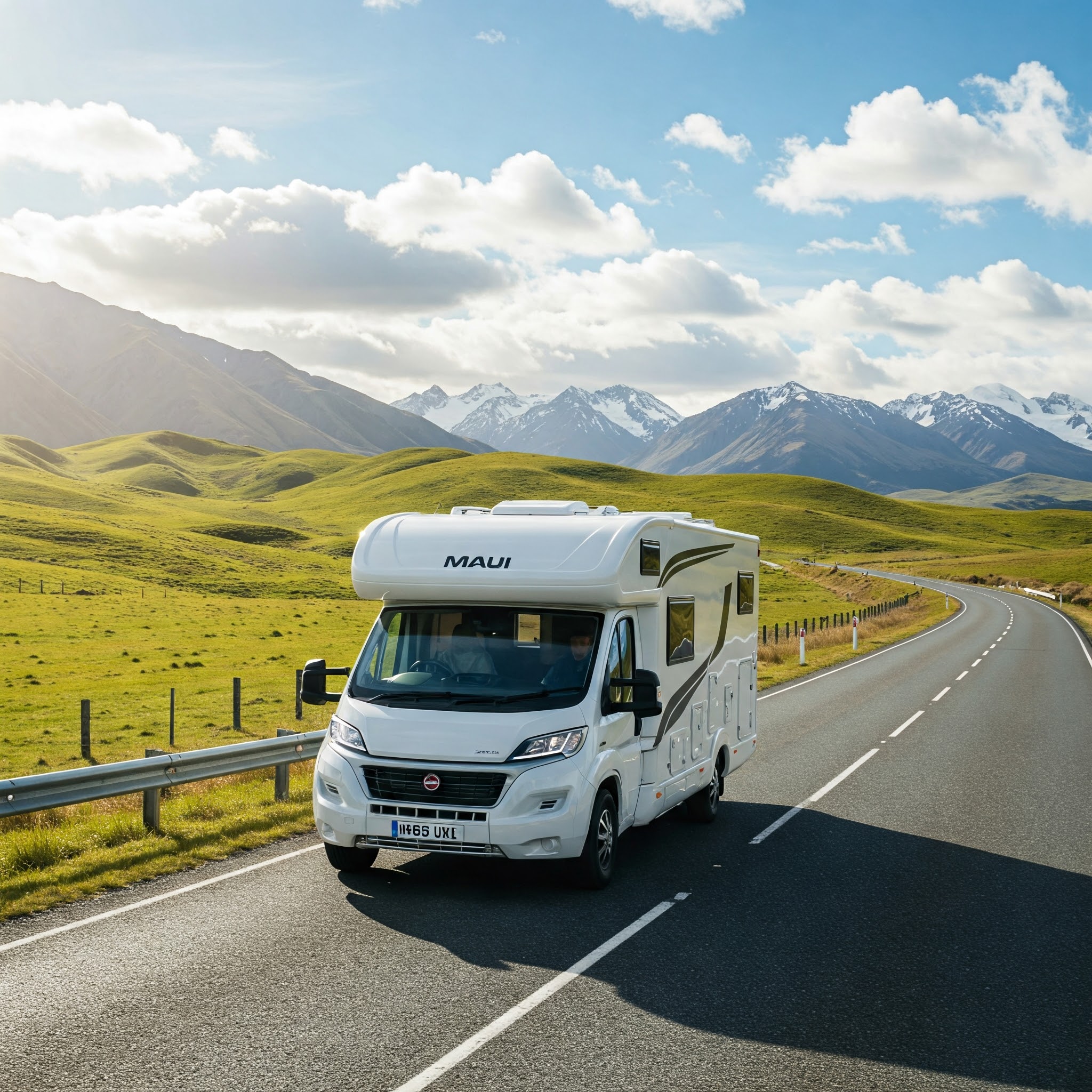
Crafting Unforgettable New Zealand Road Trips by Motorhome
This brand is particularly specialized in New Zealand trips, especially via motorhome. Customers will enjoy the beauty of New Zealand without any hassle and can chill with a relaxed itinerary. Experience the stunning landscapes, from majestic mountains to serene beaches, all at your own pace. With the freedom to explore off-the-beaten-path destinations, every journey becomes an adventure. Whether you’re an avid nature lover or a curious explorer, these trips promise unforgettable memories and breathtaking views. You can also enjoy New Zealand via MPV and stay at comfortable accommodations, ensuring a restful experience after each day of exploration.
We pride ourselves on being the best in the business when it comes to curating unforgettable trips throughout New Zealand, especially when experienced via motorhome. Our expertise lies in crafting personalized itineraries that allow you to explore the stunning landscapes and hidden gems of New Zealand at your own pace, ensuring that every moment of your journey is filled with wonder and discovery. With a keen eye for detail and a passion for adventure, we ensure that every journey is both seamless and extraordinary.
Our team of seasoned travel experts meticulously plans each aspect of your trip, from selecting the most picturesque routes to recommending stops at charming local eateries and attractions that are often overlooked by the average traveler. We take the time to understand your preferences and interests, enabling us to tailor an itinerary that perfectly suits your desires, whether you are a nature enthusiast, a history buff, or simply seeking relaxation amidst the serenity of New Zealand’s natural beauty.
Whether you’re cruising along scenic coastal roads or venturing into the heart of the country’s breathtaking national parks, we guarantee a travel experience like no other. Imagine waking up to the sound of waves gently lapping against the shore or the songs of native birds in a lush forest. These are the moments we strive to create for you, moments that transform a trip into a lifelong memory.
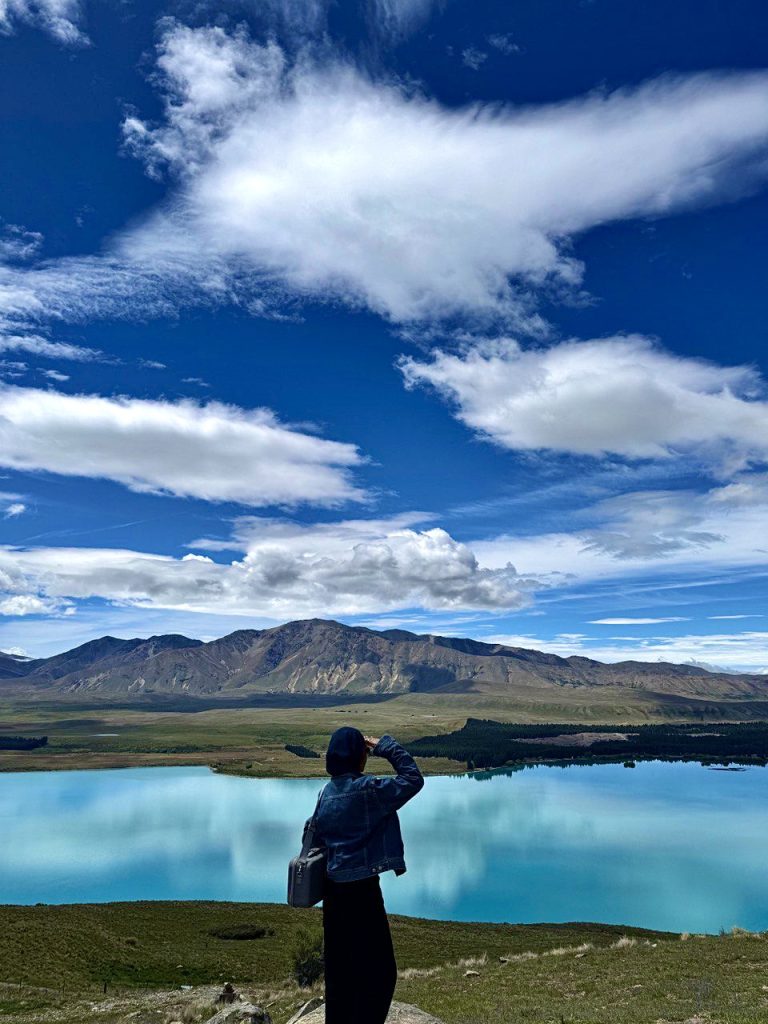
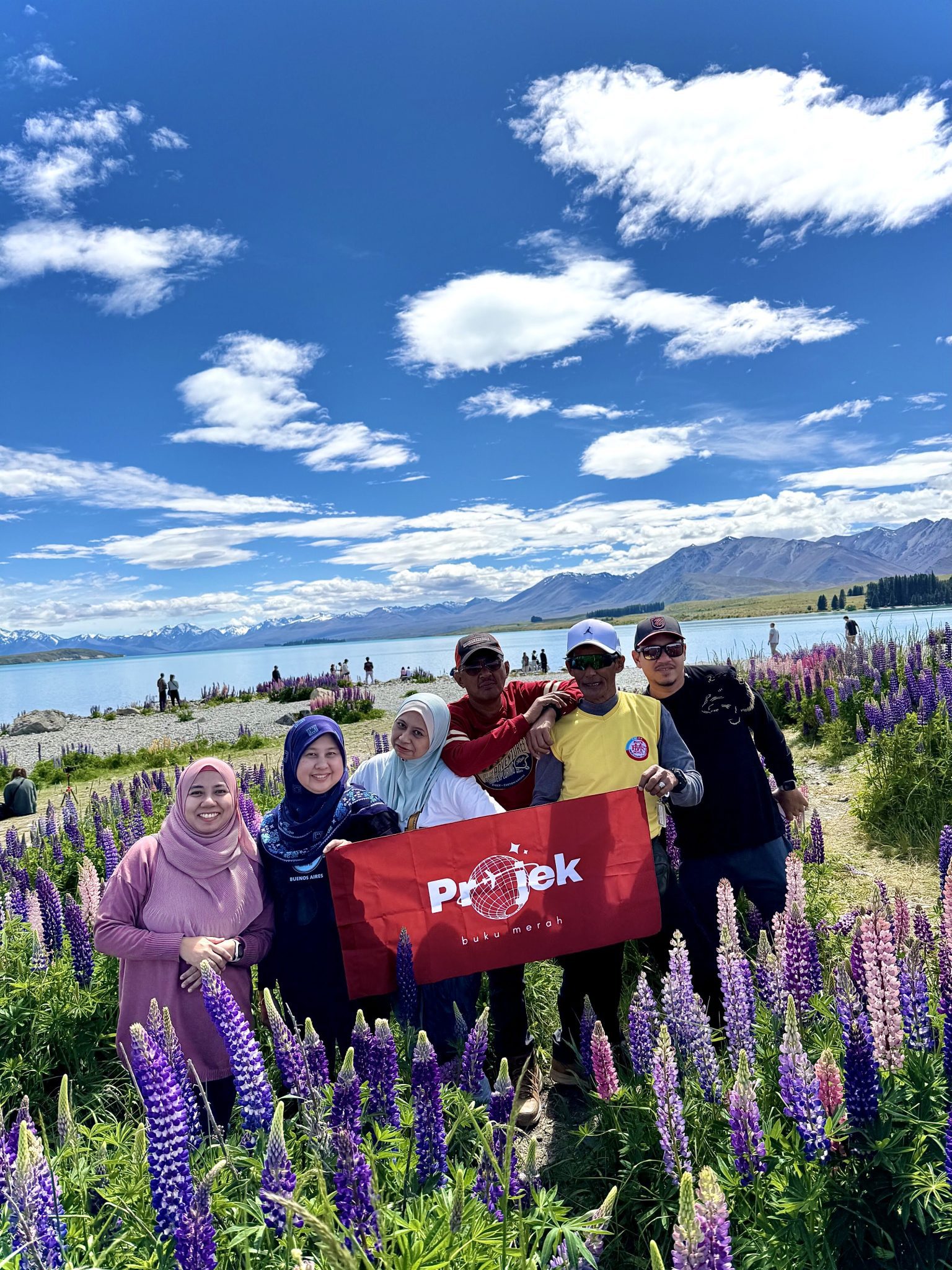
Trust us to guide you on an unparalleled motorhome adventure across New Zealand, where every curve of the road reveals a new vista, and every destination is a chance to immerse yourself in the rich culture and vibrant landscapes that make this island nation truly unique. Let us be your companion in discovering the wonders of New Zealand, one road at a time, in the comfort and flexibility of a motorhome adventure tailored just for you.
Weather & Season
Summer
December - February
20 - 25 °C
Autumn
March - May
7 - 21 °C
Winter
Jun - August
10 - 15 °C
Spring
September - November
8 - 18 °C
Popular Destination In South New Zealand
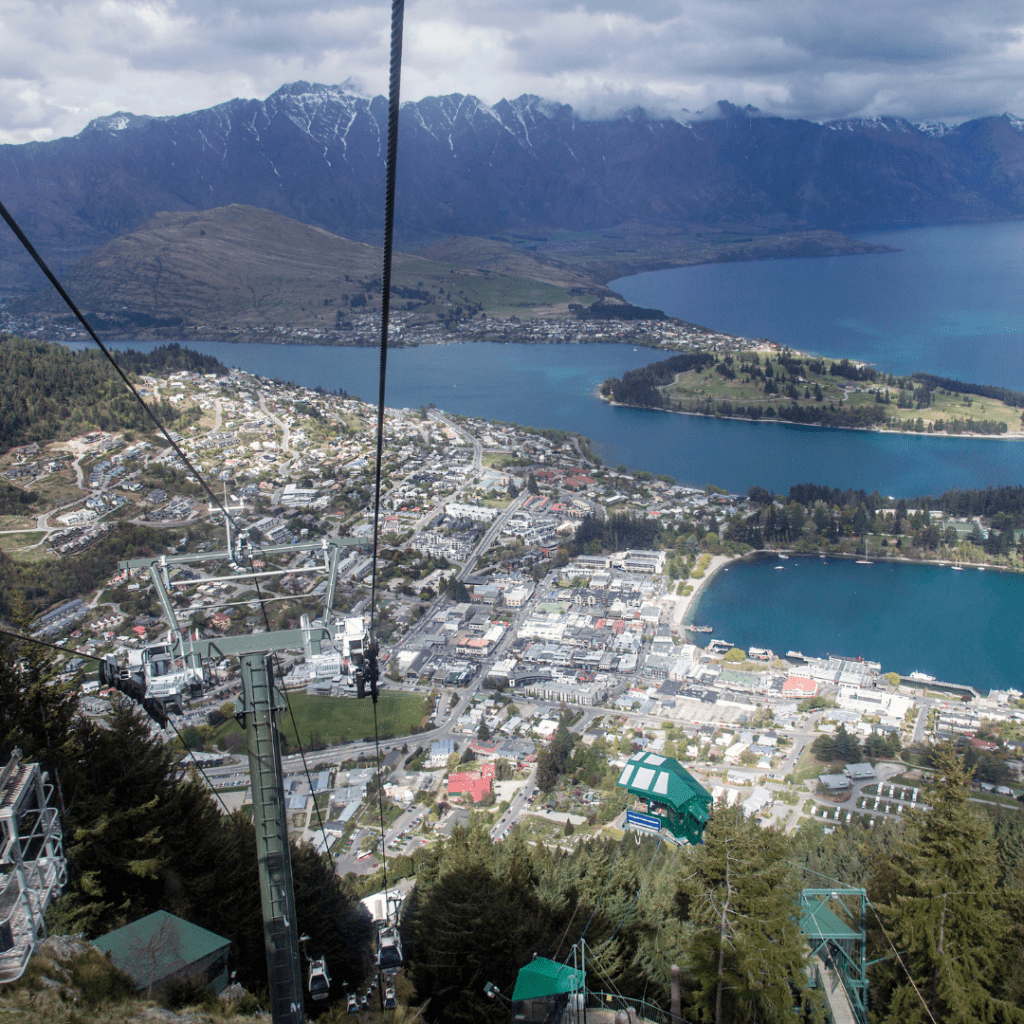
Queenstown
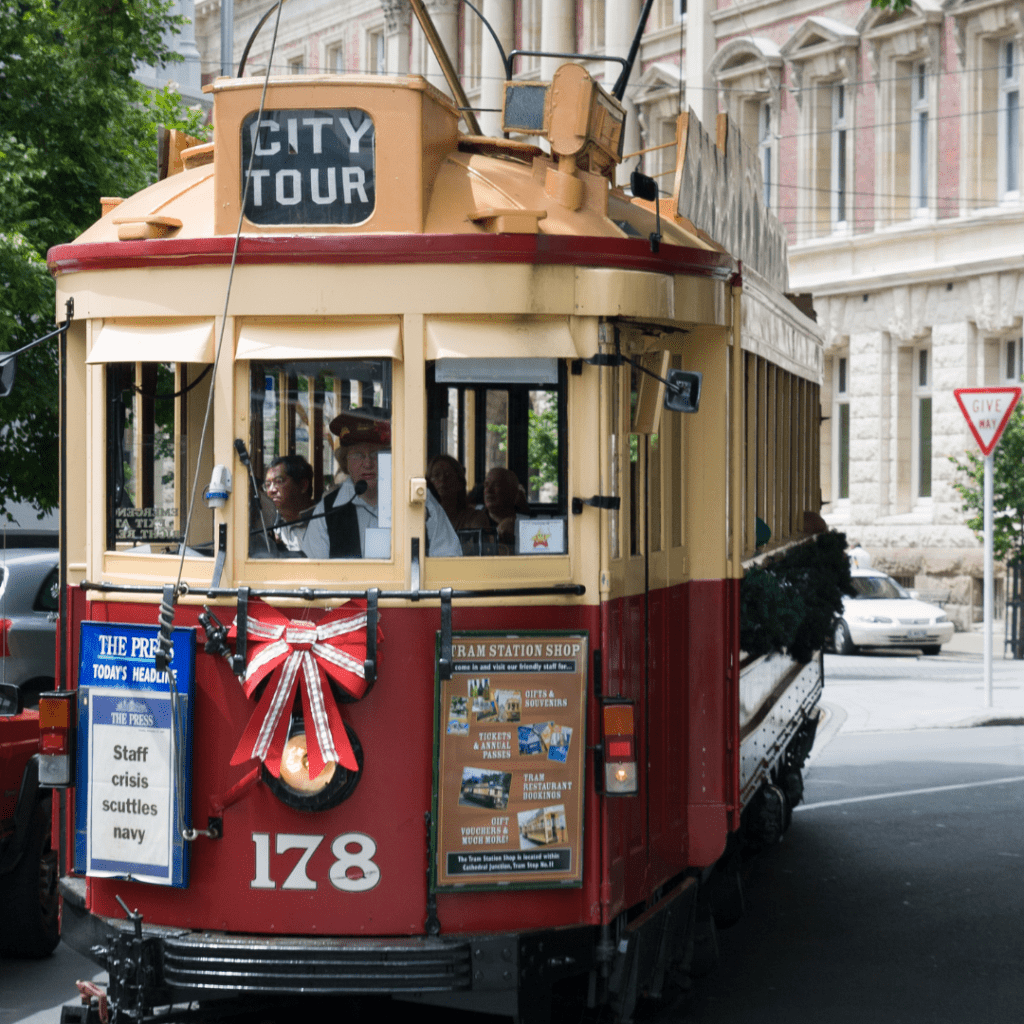
Christchurch City
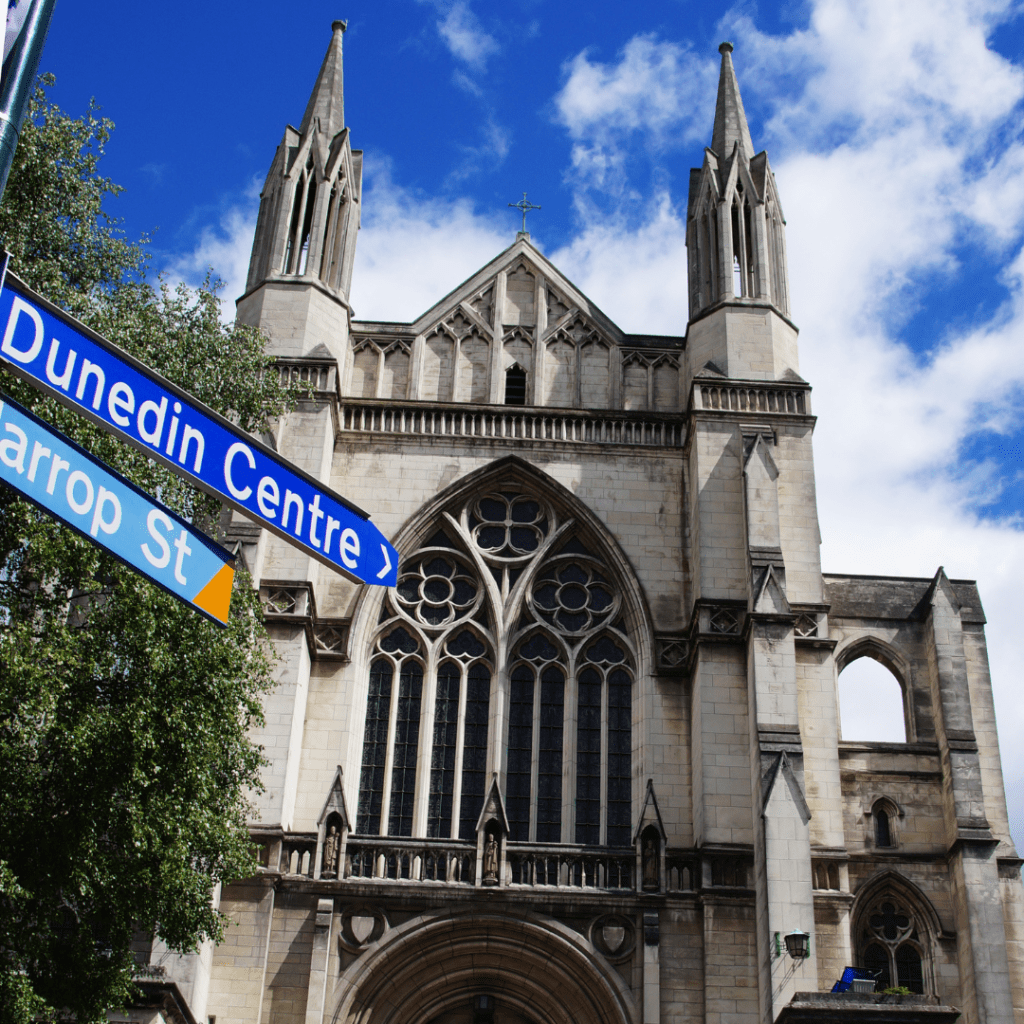
Dunedine
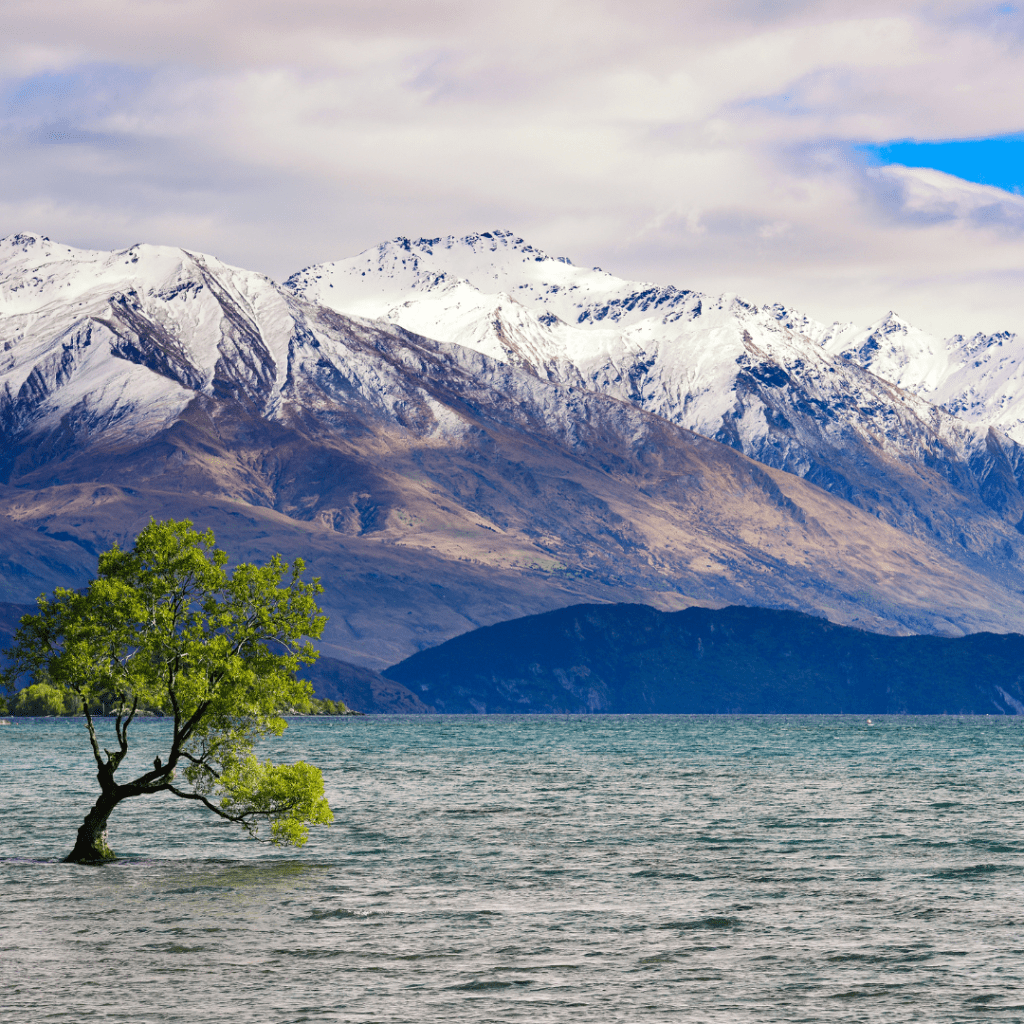
Lake Wanaka
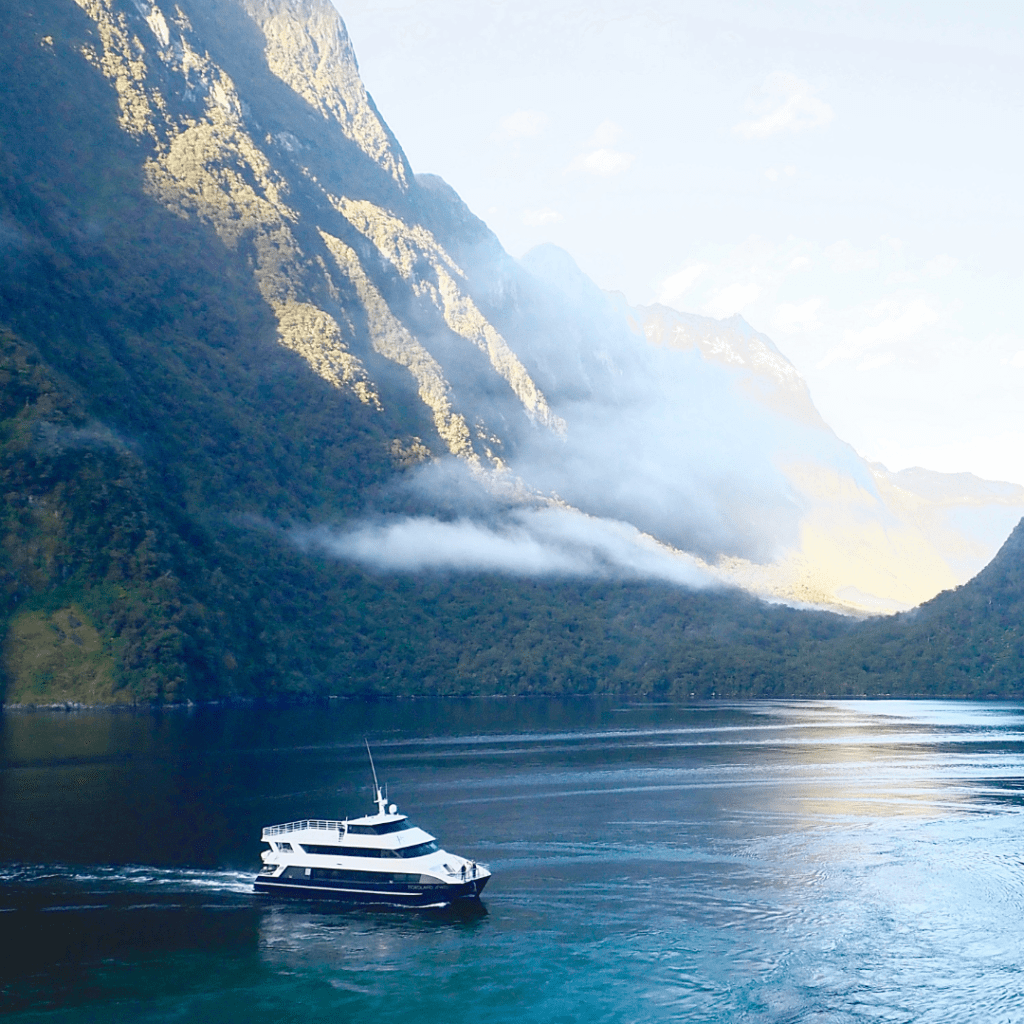
Milford Sound
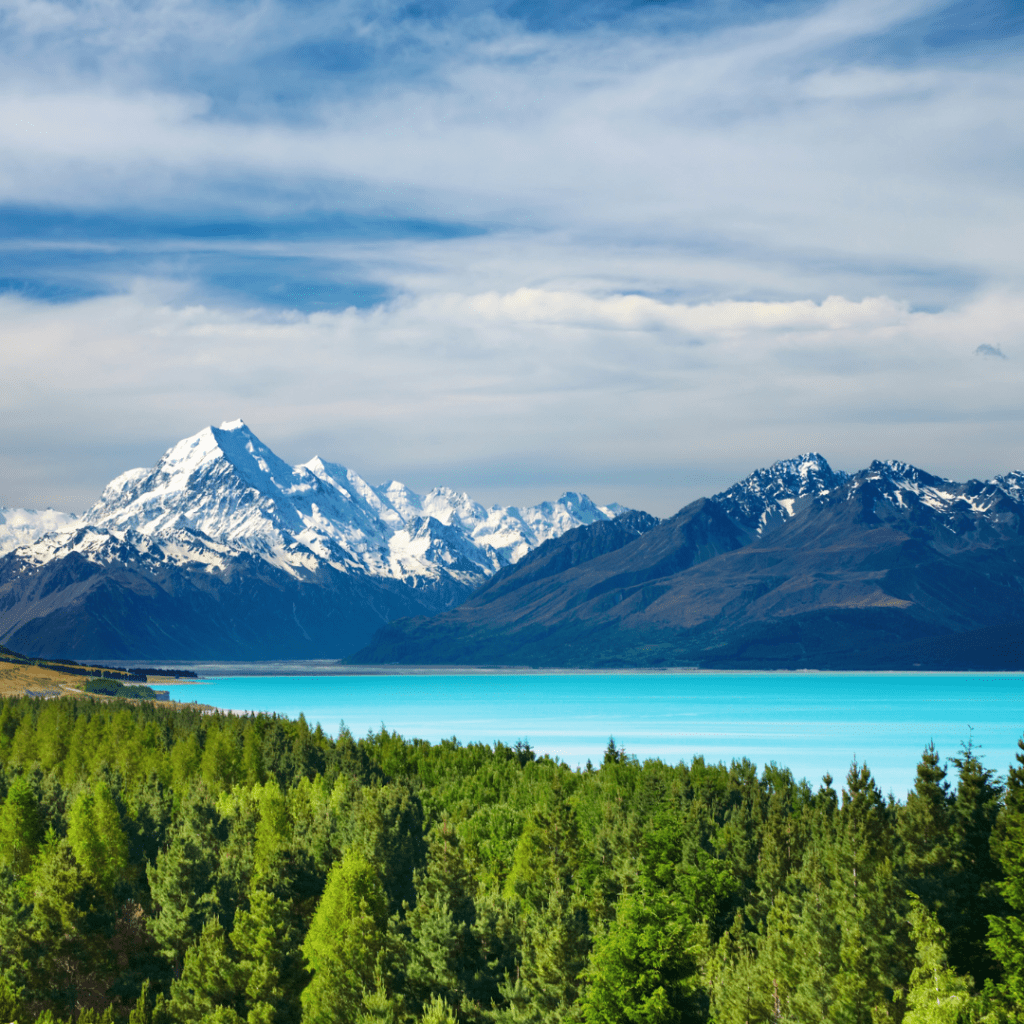
Mount Cook National Park
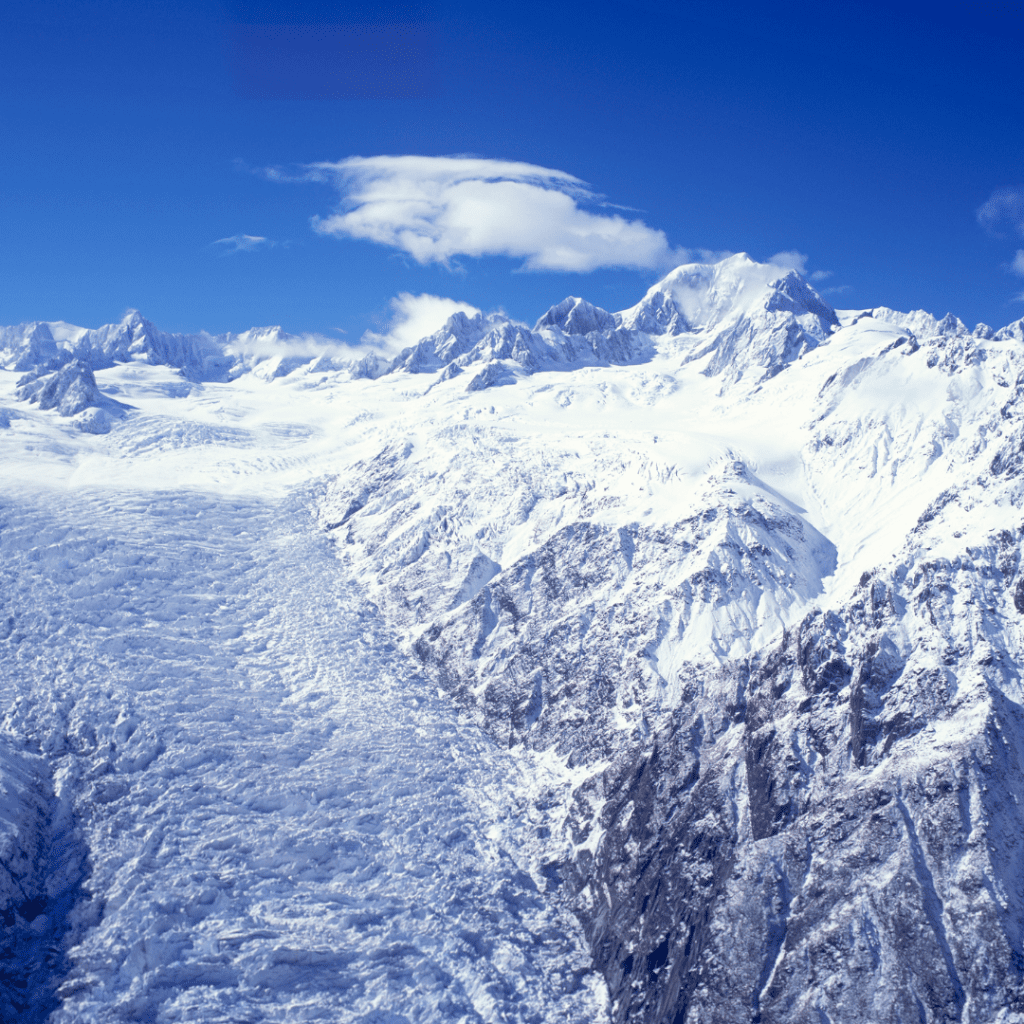
Franz Josef Glacier
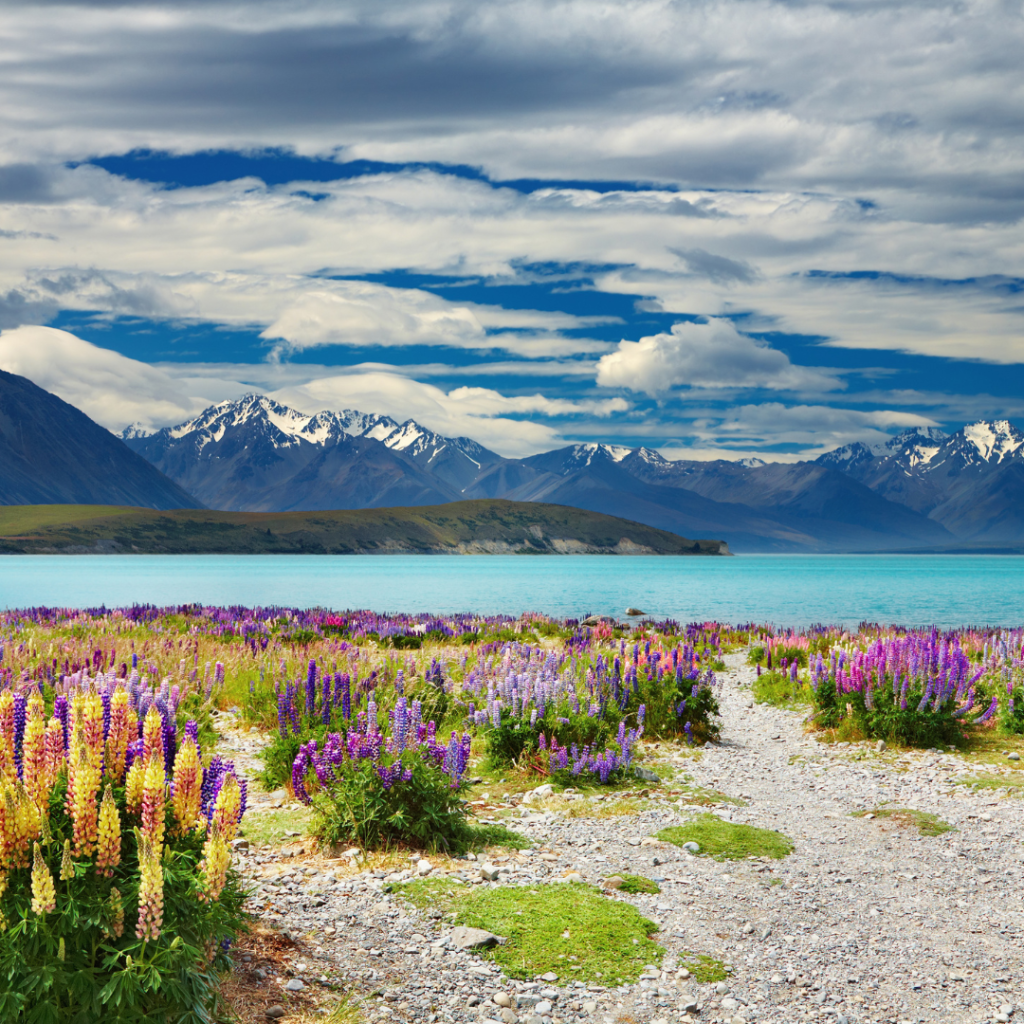
Lake Tekapo
Popular Destination In North New Zealand
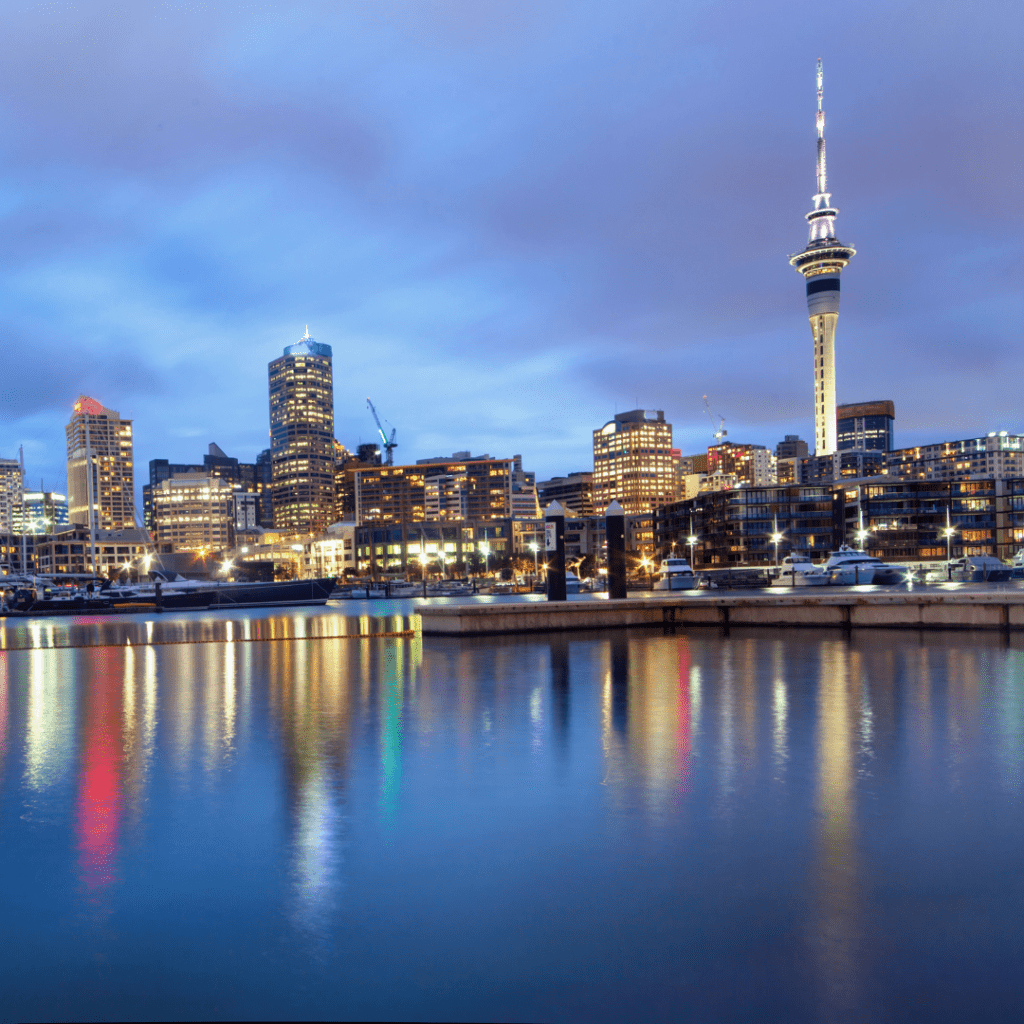
Auckland
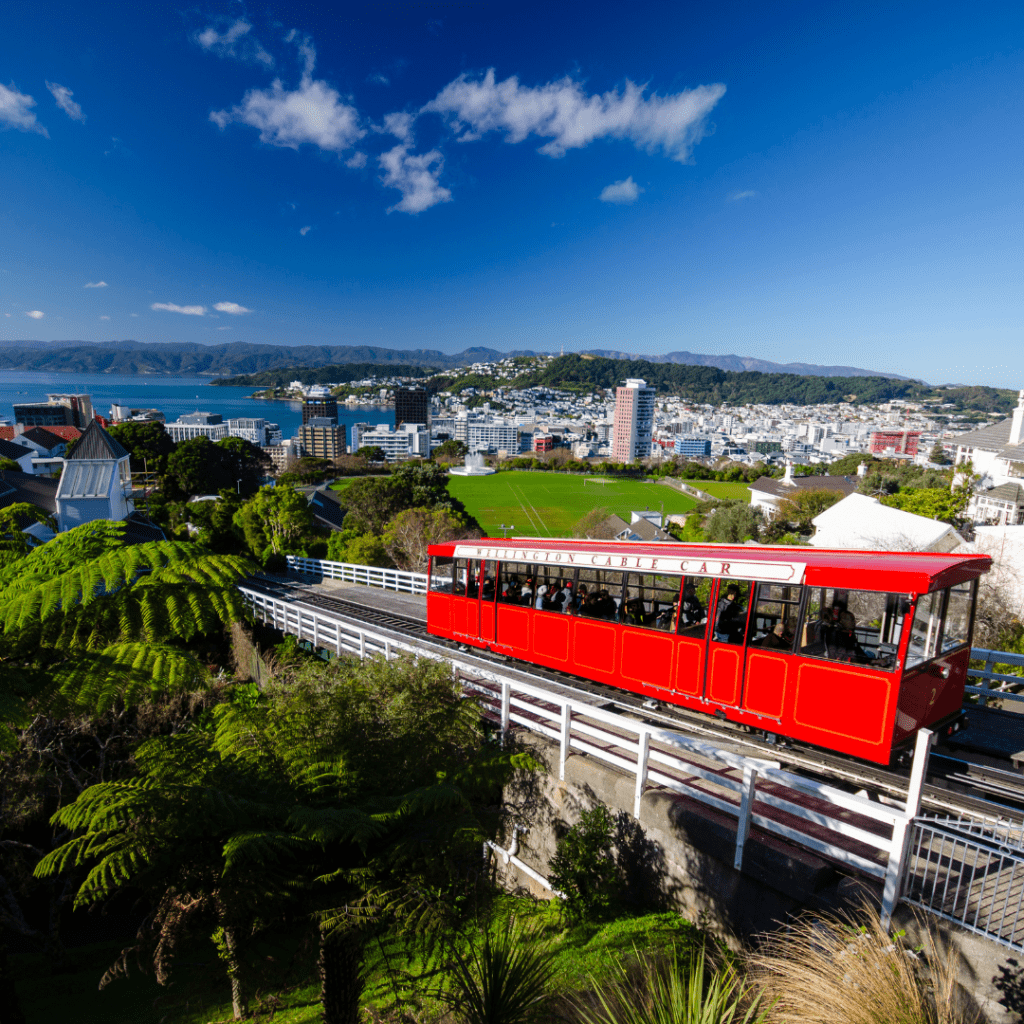
Wellington
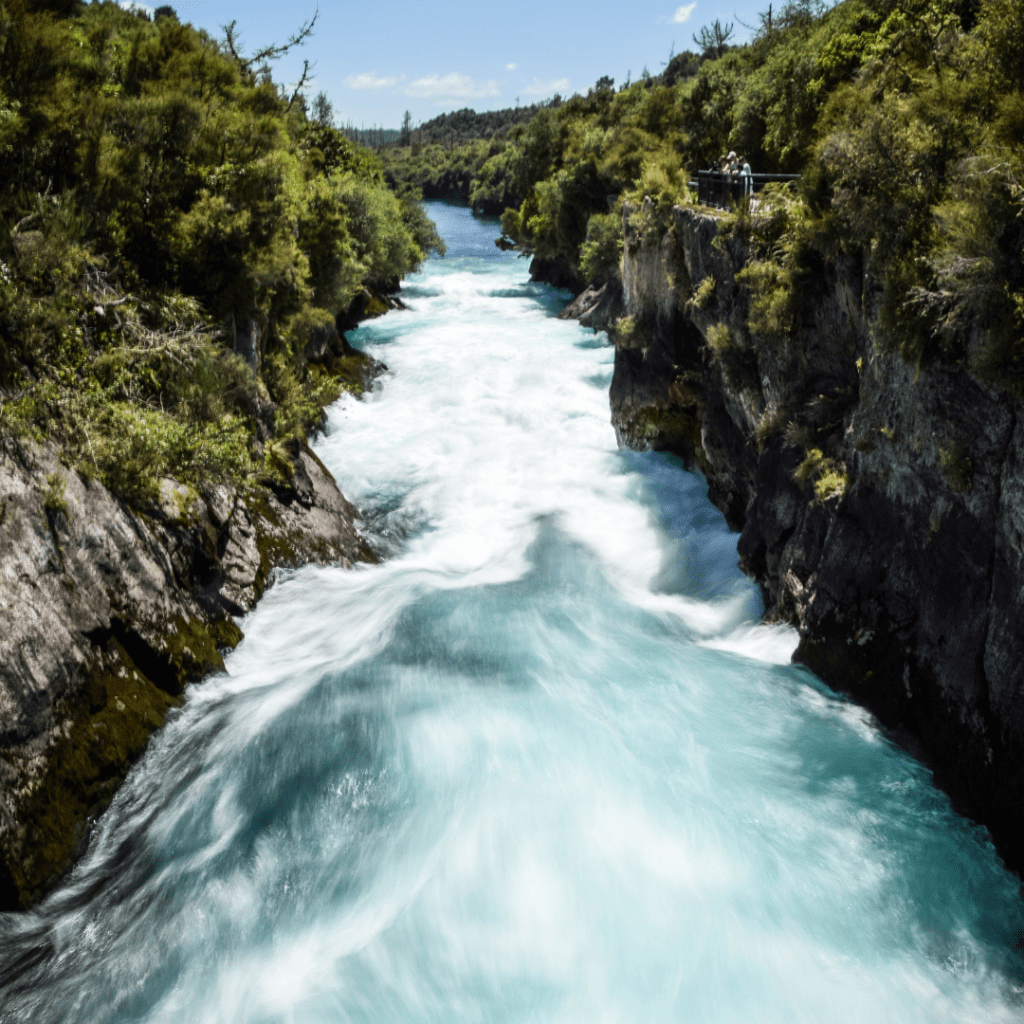
Rotorua
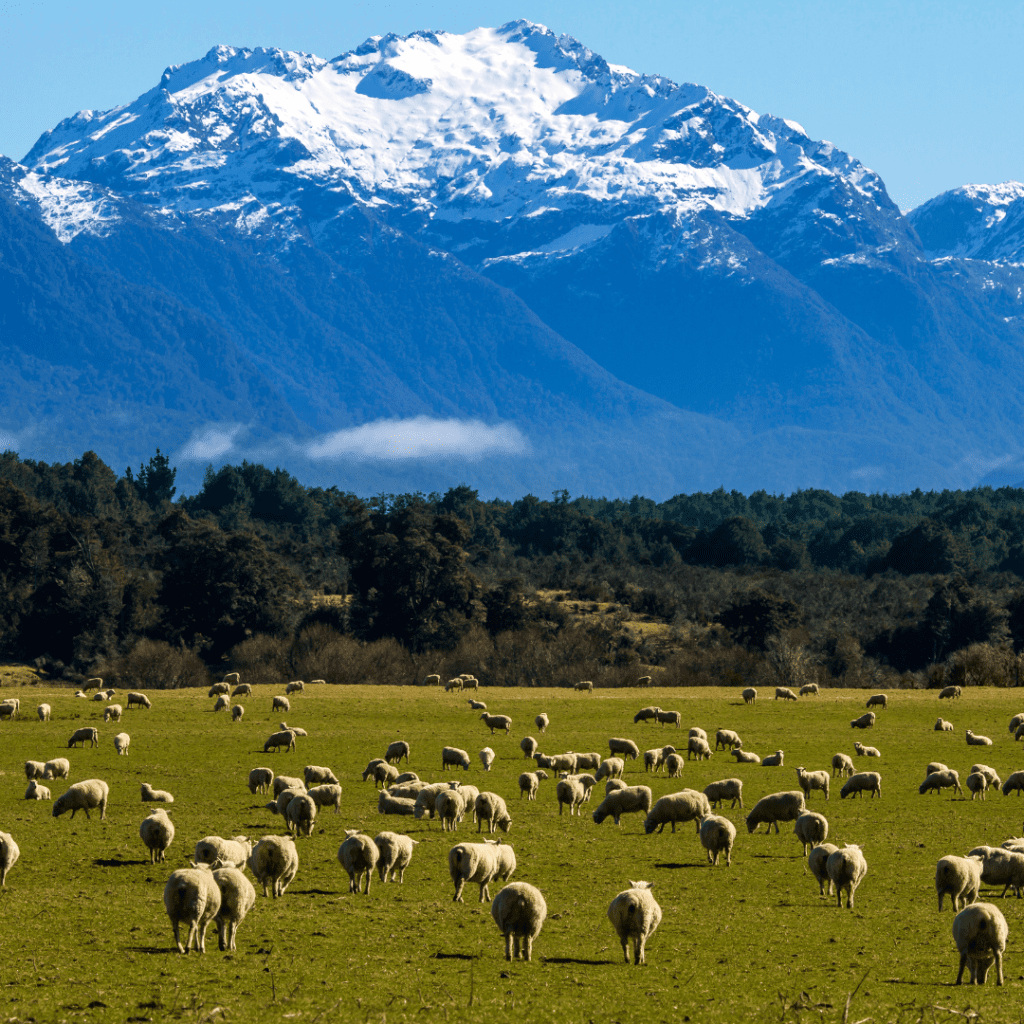
Hamilton
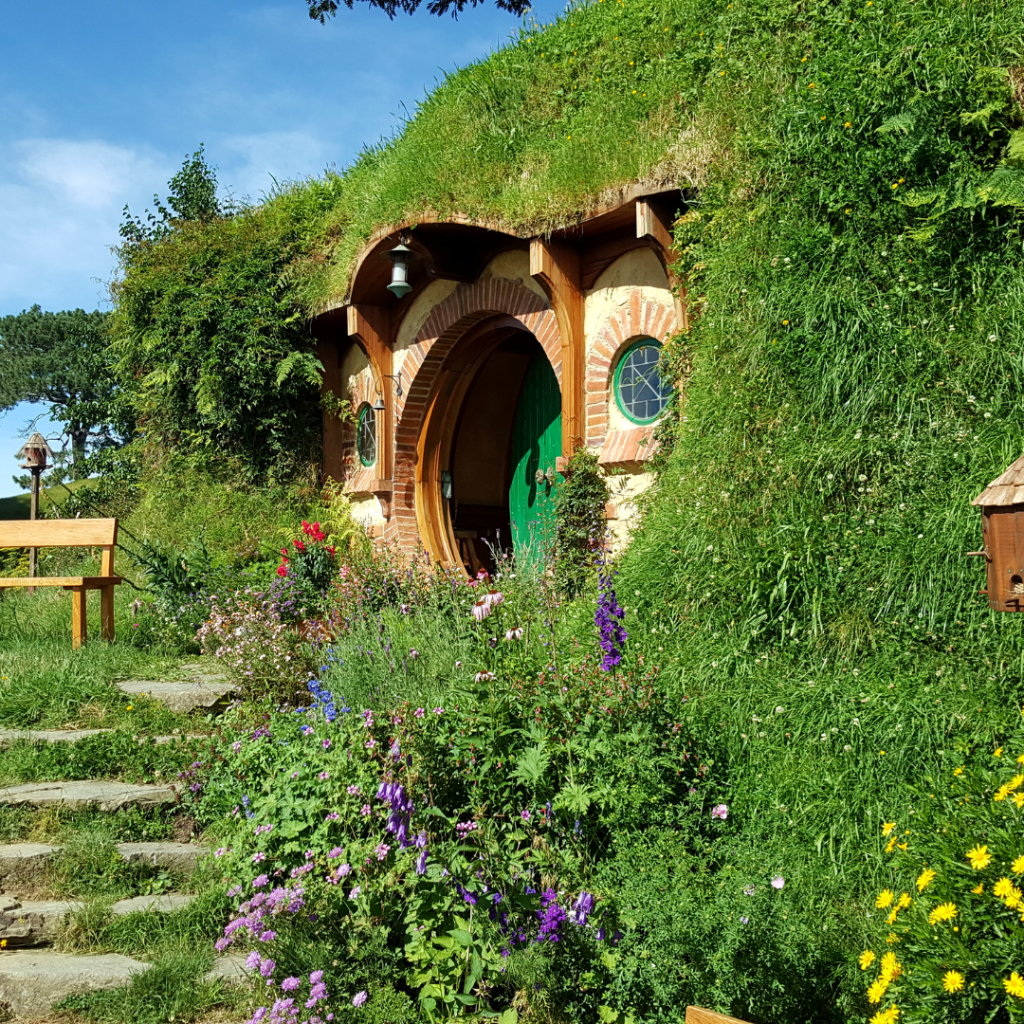
Hobbiton Movie Set
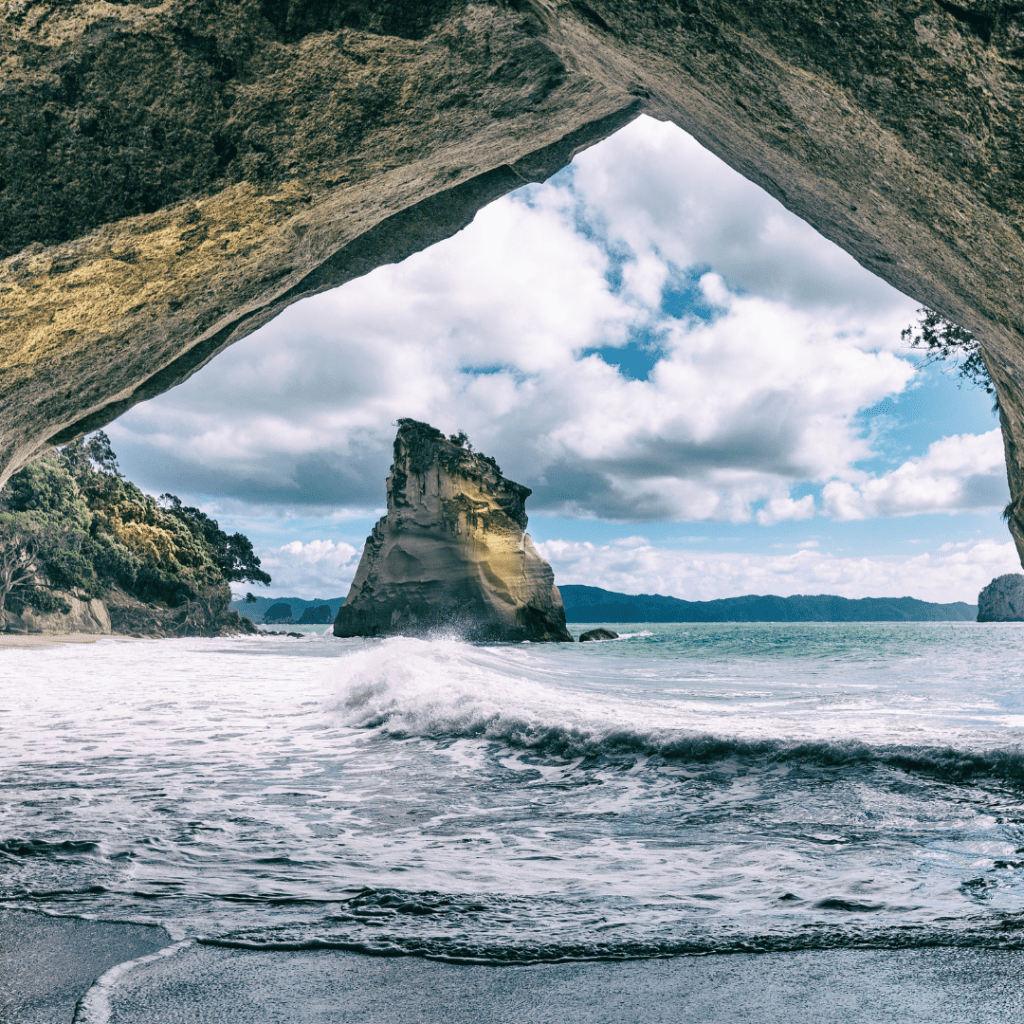
Coromandel
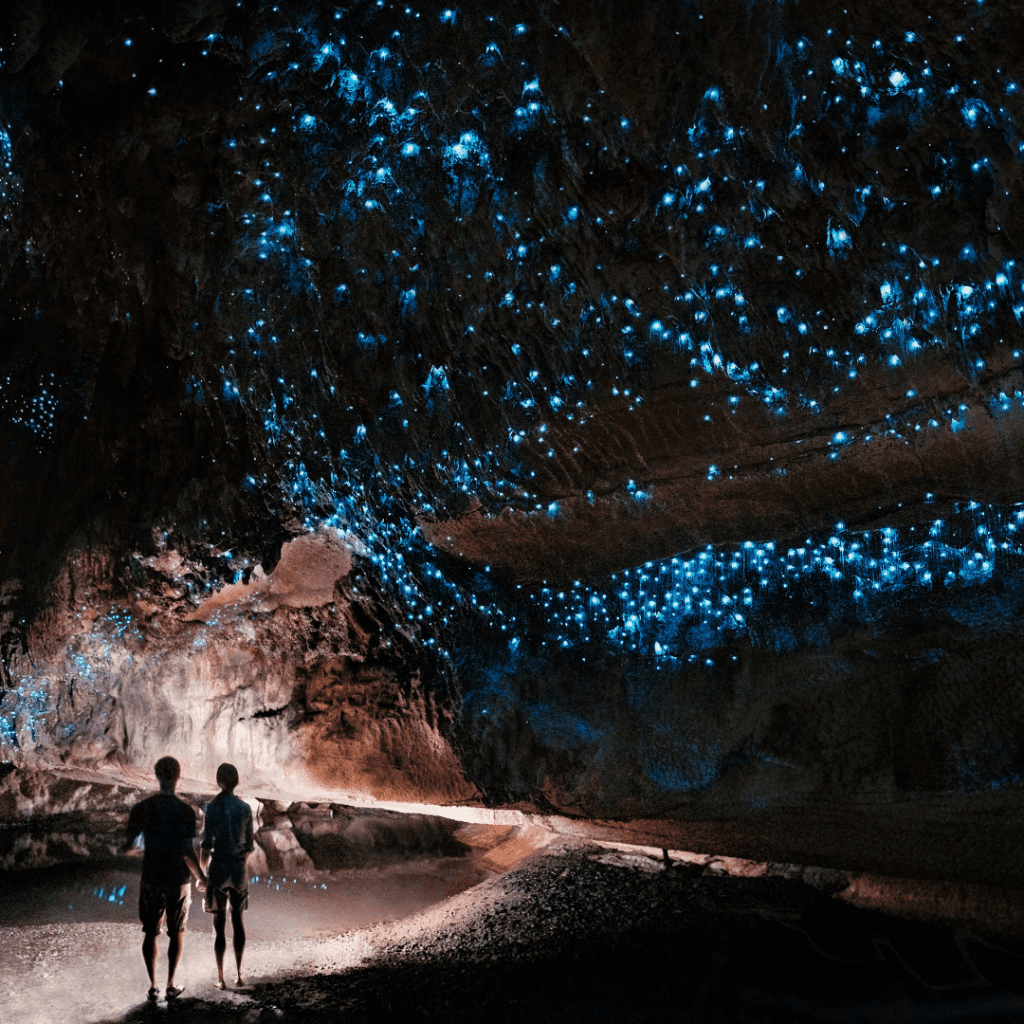
Waitomo Glowworm Caves
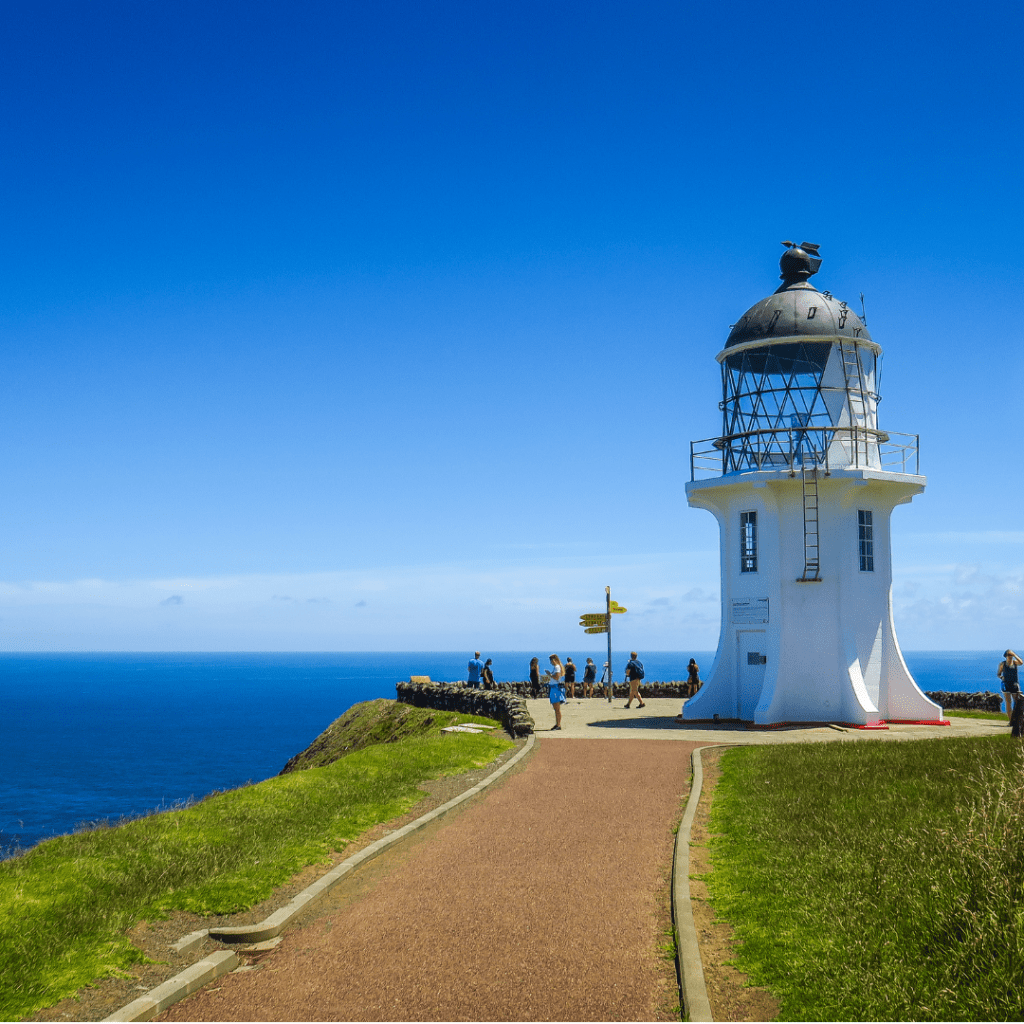
Cape Reinga
Gallery

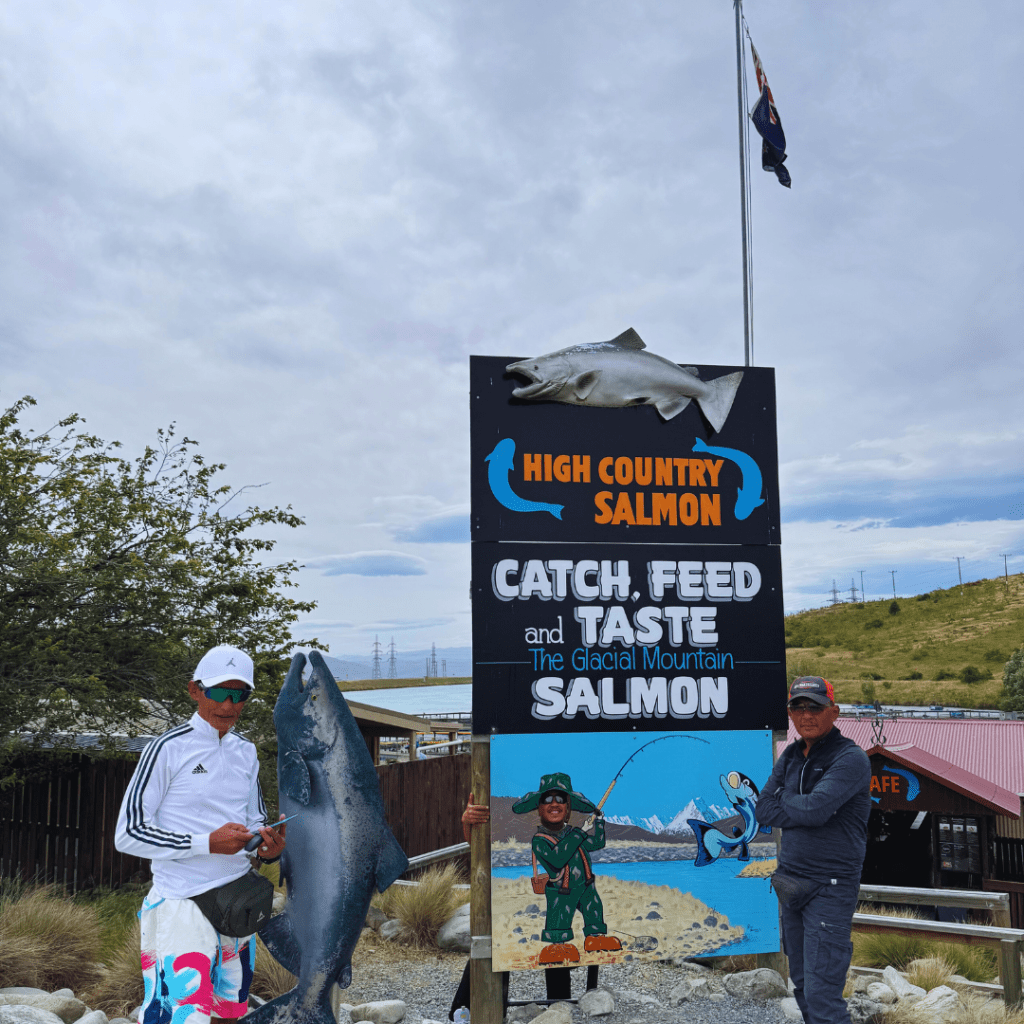


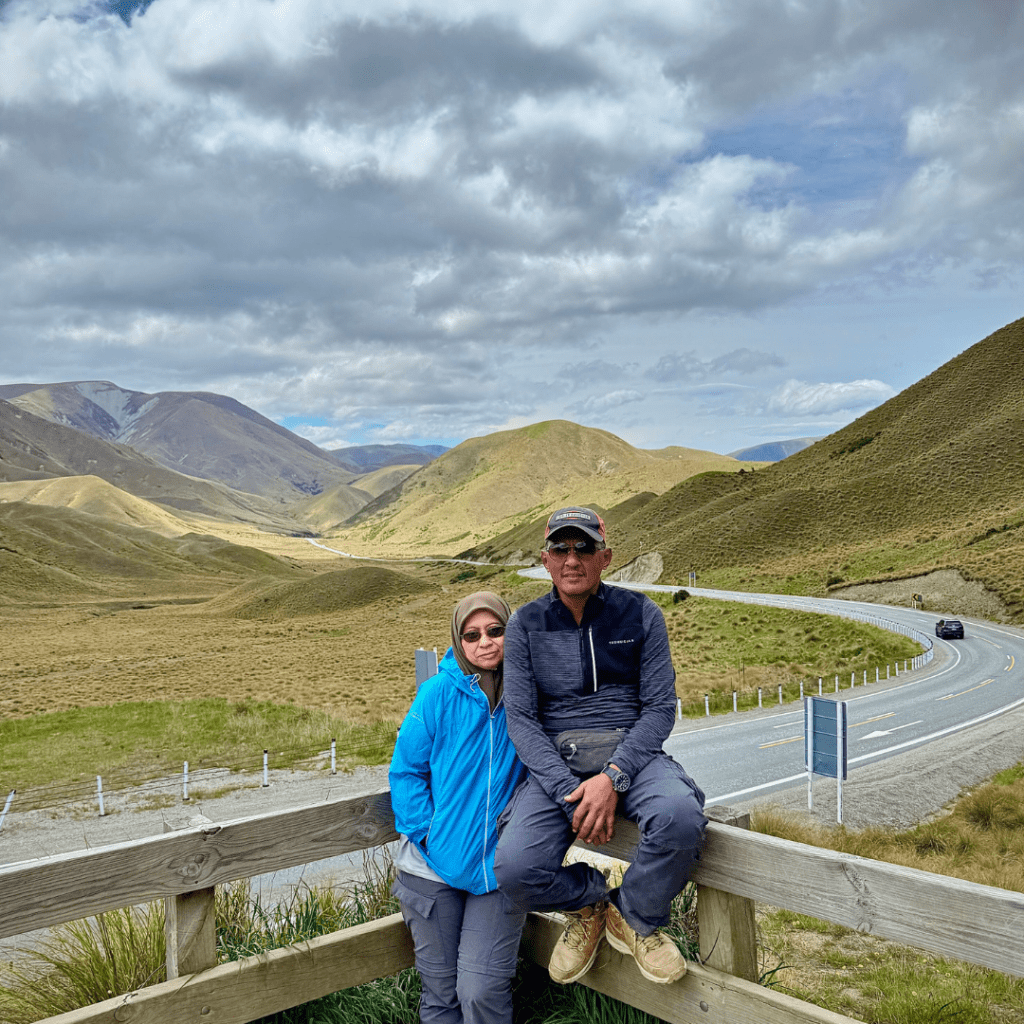

Freedom to Explore: Motorhome Rental

Rent our well-maintained motorhomes and design your own perfect New Zealand itinerary. From solo adventures to family getaways, our fleet is equipped for your comfort and convenience
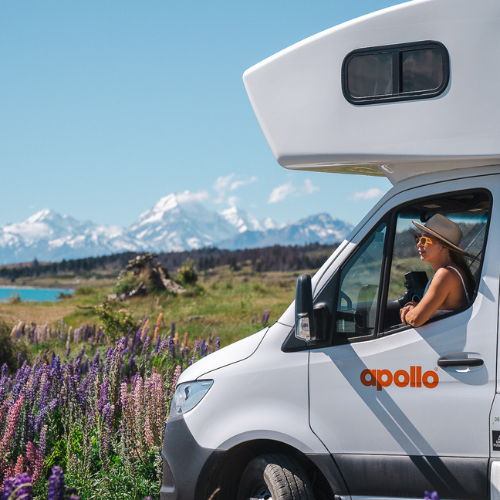
Self Drive
Ultimate Freedom and Flexibility
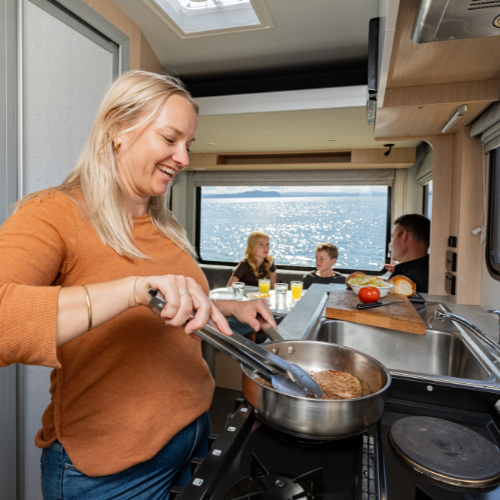
Fully-Equipped Fleet
Modern kitchens, comfortable beds, onboard facilities
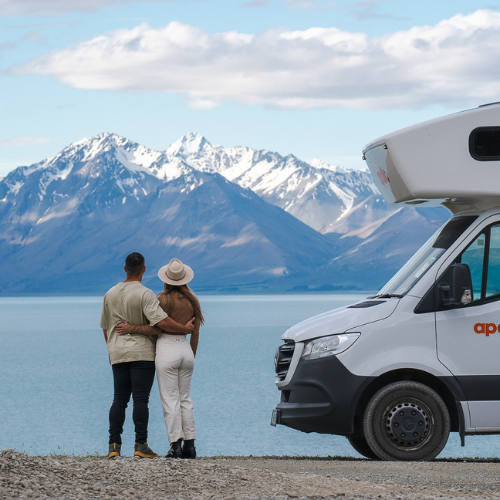
Flexible Itineraries
Go wherever you want, whenever you want.
Find Your Ideal Motorhome
Discover New Zealand: Freedom, Friends, or First-Class
Whether you crave the open road, the camaraderie of a convoy, or the indulgence of luxury hotels, we have the perfect New Zealand journey for you. Choose your style and let your adventure begin.
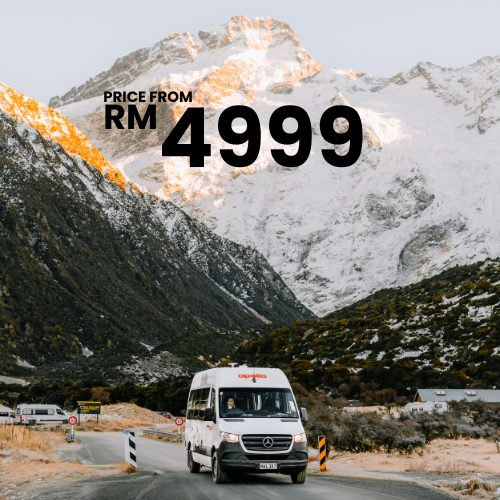
Self-Drive Motorhome
Your Journey, Your Rules: Explore New Zealand on Your Own Terms.
Available Brands
Apollo
Britz
Mighty
Maui
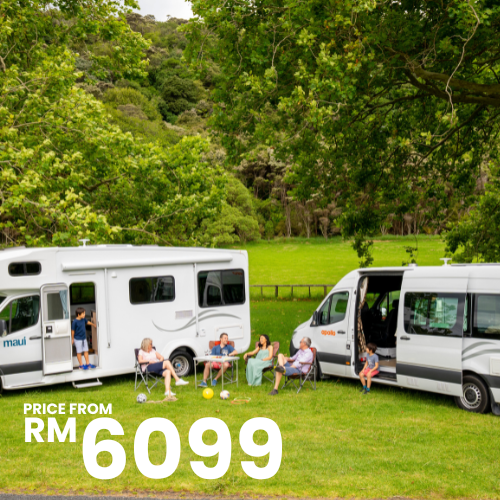
Convoy Motorhome
Journey Together: Discover New Zealand with a Fun-Loving Community.
Available Tours
12D10N South Island Serenity
12D10N West Coast Explorer
10D8N Hobbiton & Maori Culture
10D8N North Island Discovery
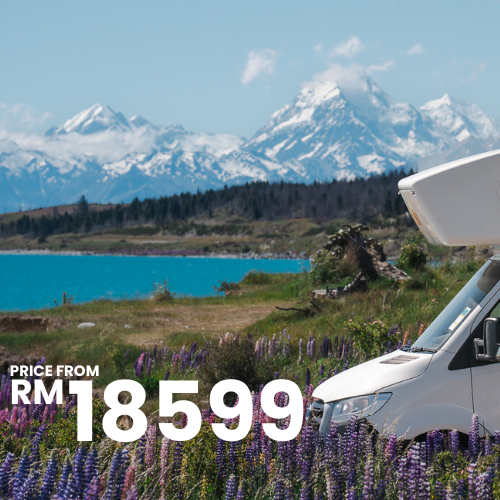
Luxury New Zealand Escape
Indulge in the Journey: A First-Class Malaysian Escape.
Available Tours
12D10N Kiwi Elite Tour
FAQs
What is included in a typical motorhome package in New Zealand?
A motorhome package generally includes:
- The Motorhome: The vehicle itself, often with automatic transmission and a turbo diesel engine.
- Insurance: Comprehensive insurance is usually included, though an excess/deductible often applies. You might have options to reduce this excess.
- Unlimited Kilometres: Most rentals offer unlimited mileage, allowing you to explore without worrying about distance.
- Kitchen Equipment: Expect essential cooking utensils, crockery, cutlery, saucepans, a frying pan, chopping board, electric jug, and tea towel. Some may include a coffee plunger or microwave-safe dish.
- Linen & Bedding: Pillows, pillowcases, sheets, duvets/doonas, and towels are typically provided.
- General Equipment: Items like a dustpan and brush, fire extinguisher, bucket & hose, clothesline with pegs, and clothes hangers are common. A first-aid kit is usually in the vehicle (sometimes paid for if used).
- Roadside Assistance: 24/7 breakdown assistance is usually included.
- Additional Drivers: Many companies allow extra drivers at no additional cost.
- Gas Bottle: Use of a gas bottle for cooking and heating is generally included.
- Water Tanks: Fresh water and grey water tanks are standard.
- Appliances: A fridge/freezer, lights in the living area, and a water pump will typically work without being plugged into mains power for a few days. Mains power (230V) is needed for power points to charge devices like laptops.
- Road User Charges (RUCs): For diesel vehicles, RUCs apply. Some insurance packages might include these.
Do I need a special license to drive a motorhome in New Zealand?
No, you typically only need a standard car driver’s license (Class 1 in New Zealand) to drive most motorhomes with a Gross Vehicle Mass (GVM) of 6,000 kg or less.
- International Visitors: If your license is not in English, you must carry an International Driving Permit (IDP) or a valid, certified English translation of your license. This translation must be from an approved agency (e.g., diplomatic representative, the issuing authority, or a Waka Kotahi authorised translation service). You must carry both your original license and the translation/IDP.
- Age Requirements: Most rental companies require drivers to be 21 years or older, with some requiring a minimum of 25 years. There might also be a maximum age limit (e.g., 75 years).
- Experience: An inexperienced driver excess might apply if your license has been held for less than 12 months.
What are the age requirements for motorhome rental?
Minimum age requirements vary by company, generally ranging from 21 to 25 years old. Some companies also have a maximum age limit.
Can I freedom camp in New Zealand?
Yes, freedom camping is generally permitted in New Zealand, but with strict rules and regulations.
- Self-Contained Vehicles: From June 7, 2026, all vehicles must have a “green warrant” to be certified self-contained under new requirements. This means the vehicle must have a fixed toilet (portable toilets will no longer be certified). A warrant card must be displayed.
- Prohibited and Restricted Areas: Freedom camping is prohibited or restricted in certain areas, particularly in scenic and recreation reserves unless a designated campsite is provided. Always look for signage. “No Camping” signs mean it’s forbidden, while “Self-contained vehicles only” signs mean it’s allowed only for certified self-contained vehicles.
- Respect the Environment: When freedom camping, you must always obey signs, be responsible with your waste (including human waste), light no fires, and not damage flora and fauna.
- Local Council Bylaws: Each district and council has different bylaws, so it’s crucial to check local rules before parking overnight. Fines for breaching freedom camping laws can be significant (NZ$400 to NZ$1,200, or even up to NZ$2,400).
- Facilities: Freedom camping spots typically offer very few facilities, often just a flat piece of land. Plan to be self-sufficient.
What is the best time to visit New Zealand in a motorhome?
The “best” time depends on your preferences, but here’s a seasonal breakdown:
- Summer (December – February): Peak season. Warmest weather (20-25°C), long daylight hours, and ideal for outdoor activities, beaches, and watersports. Expect crowded campsites and higher costs for rentals and activities.
- Autumn (March – May): Shoulder season. Recommended by many for good reasons. Milder temperatures (17-21°C), fewer crowds, and often better prices. The autumn colours are stunning.
- Winter (June – August): Low season. Cold temperatures (12-16°C), especially in the South Island, with potential for snow and road closures. Ideal for winter sports (skiing/snowboarding) and quieter campsites with good discounts on rentals. Motorhomes are generally well-equipped for colder weather.
- Spring (September – November): Shoulder season. Weather starts to warm up (16-19°C), landscapes become green and vibrant with blooming flowers. Fewer crowds than summer and better prices. However, expect higher rainfall in some areas.
.
Should I pre-book my motorhome?
Yes, it is highly recommended to pre-book your motorhome, especially if you are travelling during the peak season (December-February) or have specific vehicle requirements. Pre-booking secures better rates, ensures availability, and allows you ample time to plan your itinerary.
What about road conditions and driving in New Zealand?
- Drive on the Left: New Zealand drives on the left-hand side of the road.
- Roads: Many roads, especially in rural areas, can be narrow, winding, and hilly. Allow extra time for travel and be mindful of your vehicle’s size and weight.
- Speed Limits: Generally 50 km/h in urban areas and 100 km/h on open roads/highways. Always adhere to posted speed limits.
- Weather: Be prepared for quickly changing weather conditions, especially in the South Island. Check forecasts daily. In winter, be aware of black ice and sunstrike.
- Parking: Be aware of height restrictions and parking regulations, especially in urban areas.
- Online Resources: Familiarise yourself with the New Zealand Road Code online and utilise resources like the “Driving in New Zealand” guide.
What should I pack for a motorhome trip?
Consider packing:
- Soft bags: Easier to store in a motorhome than hard suitcases.
- Layered clothing: New Zealand weather can change quickly.
- Sunscreen and hat: Even on cloudy days, UV levels can be high.
- Insect repellent: Especially for sandflies, common in some areas.
- Chargers and adapters: For your electronic devices. Many motorhomes have USB charging, but check if you need a 230V power point.
- Reusable shopping bags: For groceries.
- Download offline maps: Mobile reception can be patchy in remote areas.
What types of campsites are available for motorhomes in New Zealand?
New Zealand offers a variety of camping options for motorhomes, catering to different budgets and preferences:
- Holiday Parks (Commercial Campgrounds): These are privately owned and offer the most facilities. They are widely available, often in or near towns and popular tourist spots. Chains like TOP 10 Holiday Parks are well-known.
- Department of Conservation (DOC) Campsites: Managed by the government, these campsites are often in national parks and scenic reserves. They range from basic to serviced, offering varying levels of facilities and a chance to immerse yourself in nature.
- Council Campsites: Operated by local councils, these tend to be simpler than holiday parks, often in parks or reserves within towns, and typically offer basic facilities.
- Freedom Camping Spots: As mentioned earlier, these are designated areas where you can camp for free, but they usually have very limited or no facilities and require a certified self-contained vehicle (especially after June 2026).
What facilities can I expect at different types of campsites?
- Holiday Parks: These offer the most comprehensive facilities. You can typically expect:
- Powered and unpowered sites
- Clean toilets (flush) and hot showers
- Communal kitchens with cooking facilities
- Laundry facilities (washing machines, dryers)
- Dump stations (for grey and black water)
- Fresh water supply
- Often include communal lounges, TV rooms, playgrounds, BBQ areas, and sometimes even swimming pools, spas, or Wi-Fi (sometimes for an extra charge).
- DOC Campsites: Facilities vary by category:
- Serviced Campsites: Offer the most facilities, including flush toilets, hot showers, treated tap water, kitchen/cooking benches, and rubbish collection. Some may have laundry, power barbecues, or fireplaces.
- Standard Campsites: Have a more limited range of facilities, typically toilets and a water supply (which might be untreated). May include cold showers, picnic tables, cooking shelters, and rubbish bins. Some may offer powered sites.
- Basic Campsites: Very minimal facilities – usually just basic toilets (long-drop) and an untreated water source (tank, stream, or lake). You need to be largely self-sufficient. These are often free.
- Council Campsites: Generally basic, often with toilets, rubbish bins, and sometimes power. Facilities vary significantly by council.
- Freedom Camping Spots: Most only provide a flat space to park and perhaps a basic toilet (long-drop). No other facilities are usually provided.
How much do campsites cost in New Zealand?
Costs vary widely depending on the type of campsite, location, time of year, and whether you need a powered site:
- Holiday Parks: Typically the most expensive. Expect to pay around NZ$40-70+ per night for a powered site for two adults. Unpowered sites are usually cheaper (NZ$30-50+). Prices can be significantly higher in peak season.
- DOC Campsites:
- Basic: Free
- Standard: Around NZ$8-15 per adult per night (powered sites may be extra)
- Serviced: Around NZ$18-25+ per adult per night (powered sites may be extra)
- Children often pay reduced rates or are free.
- You can also purchase a DOC Campsite Pass for longer stays, which can offer good value.
- Council Campsites: Often range from free to NZ$10-20 per night.
- Freedom Camping Spots: Free.
Do I need to book campsites in advance?
It is highly recommended to book campsites in advance, especially:
- During peak season (December to February)
- For popular holiday parks
- During school holidays or public holidays
- If you require a powered site
Many DOC serviced campsites also require pre-booking, particularly in peak season. Non-bookable DOC sites and most council sites operate on a first-come, first-served basis, so arriving early is advisable, especially during busy periods.
What are dump stations and where can I find them?
Dump stations (also called “dump points” or “waste stations”) are facilities where you can empty your motorhome’s grey water (from sinks and showers) and black water (from the toilet).
- Where to find them: They are commonly found at holiday parks, some DOC serviced campsites, and dedicated public dump stations in towns.
- Apps are key: CamperMate and Rankers Camping NZ apps will clearly mark the locations of dump stations.
- Importance: Using designated dump stations is crucial for environmental protection and to comply with regulations. Never empty your waste water anywhere other than a designated dump station.
Are there any other essential tips for motorhome camping in New Zealand?
- “Leave No Trace” Principles: Always take all your rubbish with you, respect wildlife, and minimise your impact on the environment.
- Water Conservation: While your motorhome has fresh water tanks, be mindful of water usage, especially when free camping or at basic sites.
- Rubbish Disposal: Use designated bins at campsites or public bins in towns. Never leave rubbish in nature.
- Fire Restrictions: Be aware of fire bans, especially during dry summer months. Never light fires in non-designated areas.
- Safety: Always lock your motorhome, especially at night or when leaving it unattended. Be mindful of your surroundings.
- Arrive Early: For non-bookable sites, arriving earlier in the day increases your chances of securing a spot, particularly during peak season.
